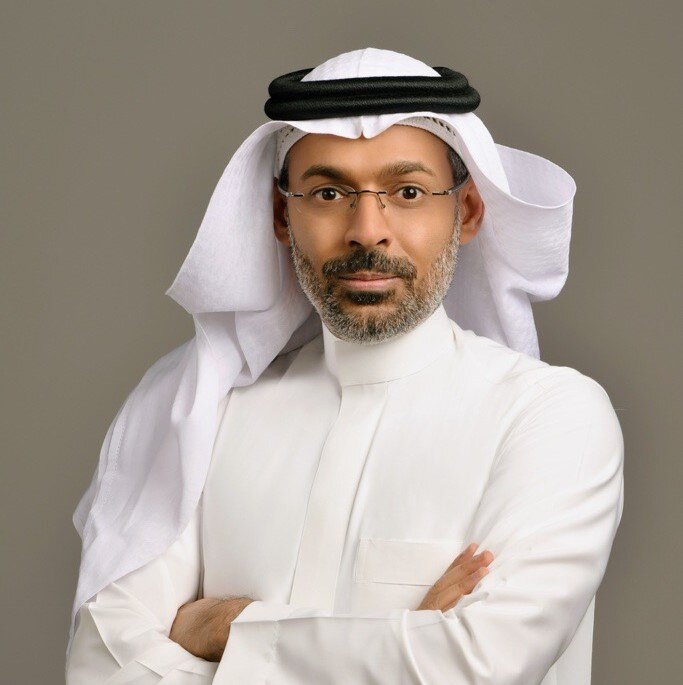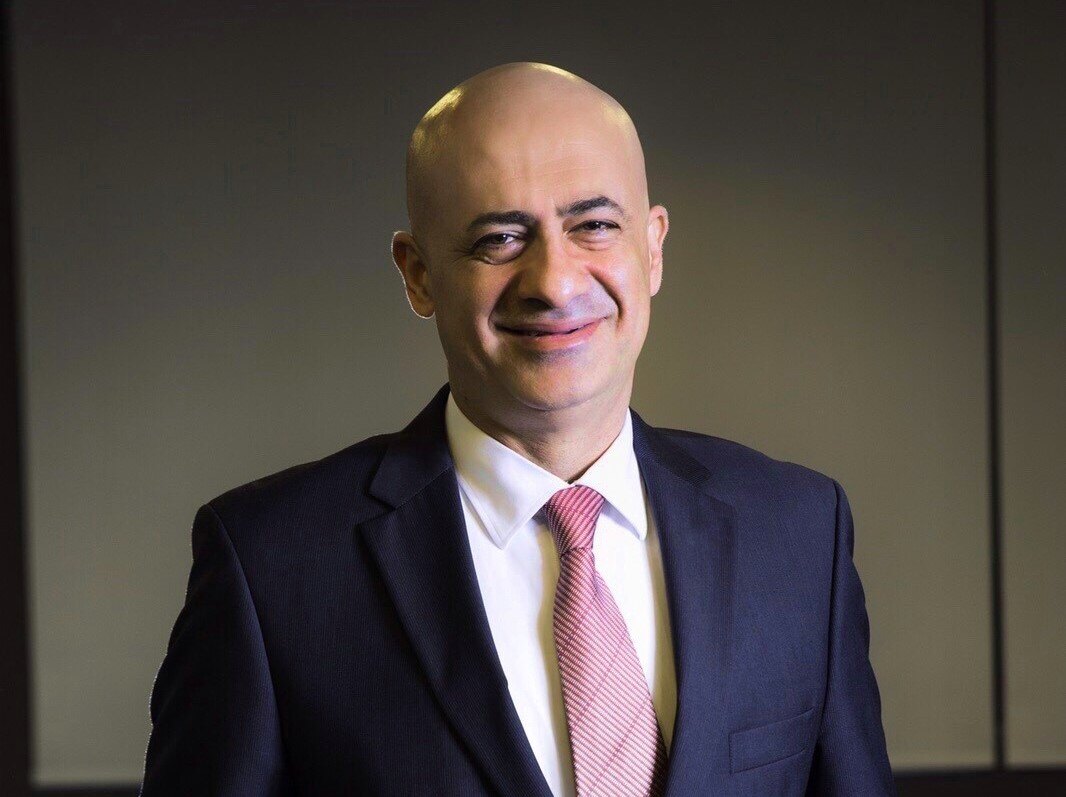While Silicon Valley, London, and Shanghai capture global fintech headlines, Saudi Arabia is orchestrating a payments revolution that might surpass them all in resilience and innovation. Underpinned by Vision 2030, the Kingdom's transformation extends beyond modernising payments infrastructure; it’s reshaping the entire financial system, directed with precision by the Saudi Central Bank (SAMA).
For many, payments systems seem mundane—functional, perhaps, but not thrilling. Yet, in Saudi Arabia, payments are pivotal to national strategy, entwined with the country’s broader economic and geopolitical aspirations. Unlike other nations grappling with fintech disruptions and patchy regulations, the Kingdom is crafting an ecosystem that blends security, innovation, and scalability. Could this emerging system become the global gold standard?
Payments: Infrastructure or Strategic Asset?
In most countries, payments are just infrastructure—essential but static. In Saudi Arabia, they’re a strategic asset. Why? Because the Kingdom recognises that a secure, innovative payments ecosystem is crucial for economic diversification and growth.
While fintech elsewhere often means upheaval, Saudi Arabia adopts a collaborative approach. Through SAMA’s strategic coordination with financial institutions and fintechs, the Kingdom has avoided many common pitfalls. The outcome? A payments system that excels in both security and innovation—a feat that has eluded many advanced economies.
How SAMA Is Raising the Bar for PSPs
SAMA’s stringent regulation of Payment Services Providers (PSPs) is a cornerstone of its payments strategy. With tough licensing requirements, SAMA ensures only the most financially robust and tech-savvy players enter the market. This creates a payments landscape where trust is the norm, not a rarity.
To qualify, PSPs must prove their financial stability and adaptability to market fluctuations. Additionally, they must implement top-notch cybersecurity measures, including advanced encryption and multi-factor authentication. This infrastructure is built not only for functionality but also for enduring resilience.
How Saudi Arabia Is Enhancing Global Financial Integrity?
Saudi Arabia’s approach to Anti-Money Laundering (AML) and Counter-Terrorist Financing (CTF) is notable. SAMA demands that financial institutions gather detailed personal information and cross-check it against both national and international databases. This rigorous process ensures high-level scrutiny for potential risks.
AI and machine learning play a pivotal role here. These technologies sift through enormous datasets in real time, detecting anomalies that might indicate illicit activities. Unexpectedly, Saudi Arabia’s AML/CTF practices are setting a new benchmark for global financial security.
Are Fintech Innovations Being Tamed or Encouraged?
Globally, fintech often seems like a rapid, sometimes chaotic innovation race. In Saudi Arabia, the process is more controlled. The rise of e-wallets, mobile payments, and digital financial services—championed by STC Pay and Hala—is nurtured within a structured regulatory environment.
SAMA’s Regulatory Sandbox allows fintechs to trial innovations under defined conditions, preventing potential disruptions to the broader ecosystem. This careful management ensures that innovation and oversight work in tandem, a balance that often eludes other markets.
What Impact Will Open Banking Have?
Saudi Arabia’s Open Banking initiative could be transformative. By facilitating secure data sharing between banks and third-party providers, SAMA is setting the stage for a more competitive and transparent financial market. This move aligns with Vision 2030’s goals for financial inclusion and diversification, promising improved services and intensified competition.
For the Kingdom’s dynamic and entrepreneurial youth, Open Banking offers immense potential. It heralds a future of customised financial services, greater transparency, and heightened competition—positions that could transform Saudi Arabia into a magnet for fintech investment.
What Lies Ahead for Saudi Arabia’s Payments Ecosystem?
As Saudi Arabia’s payments ecosystem evolves, adherence to SAMA’s regulations will be crucial. Institutions that navigate this landscape effectively will thrive in a system that values security, innovation, and efficiency. At Eastnets, we are dedicated to supporting our clients in KSA and beyond as they embrace this new era of financial services.
Saudi Arabia may not be the first to make fintech headlines, but its quiet revolution in payments is setting the stage for a significant shift in global finance. For those paying close attention, the Kingdom is emerging as a formidable player on the world stage.




